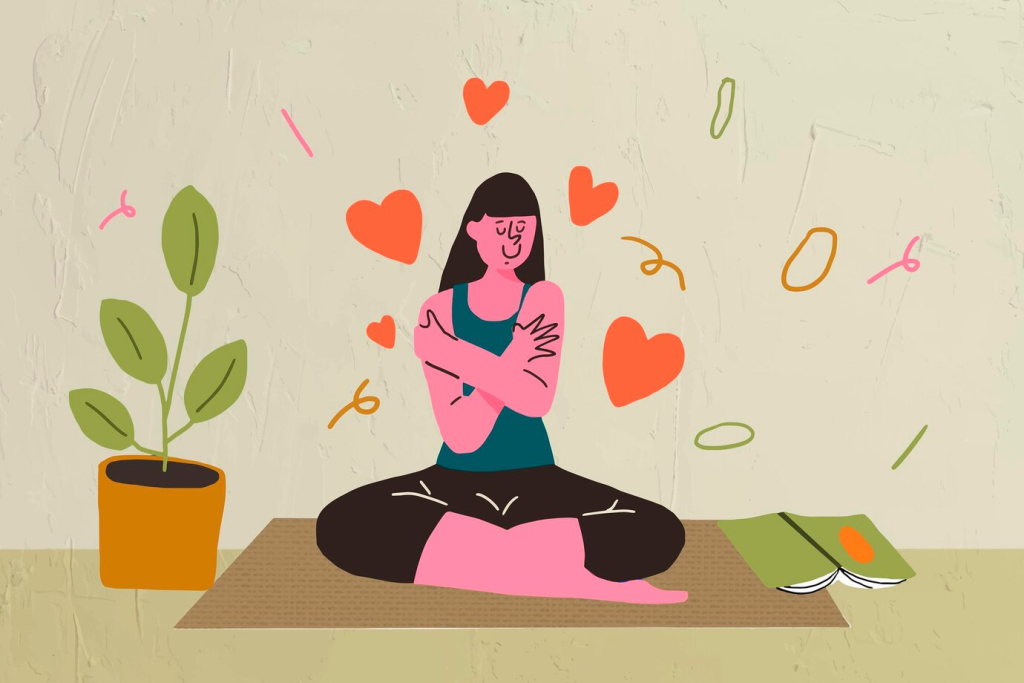Introduction
The impact of gratitude on your mental health is profound, offering a simple yet powerful way to boost happiness, reduce stress, and improve overall well-being. By focusing on what you’re thankful for, you can shift your mindset and nurture resilience. This guide explores how gratitude enhances mental health and shares practical ways to incorporate it into your daily life for lasting benefits.

1. Understand How Gratitude Rewires Your Brain
Gratitude activates brain areas linked to positive emotions, creating lasting mental health benefits.
Boost Dopamine and Serotonin
Writing down three things you’re thankful for daily stimulates the release of dopamine and serotonin, neurotransmitters that enhance mood and reduce anxiety.
Why It Works: Regular gratitude strengthens neural pathways for positivity, making optimism a habit.
Pro Tip: Keep a gratitude journal by your bedside and jot down three things each night to reinforce this practice.
2. Reduce Stress and Anxiety
Gratitude helps you focus on the present, calming your mind and easing worries about the future.
Practice Mindful Gratitude
Pause for 30 seconds to think of something you appreciate, like a kind gesture or a sunny day, when feeling stressed.
Why It Works: Gratitude lowers cortisol levels, reducing the physical and mental effects of stress.
Pro Tip: Pair gratitude with deep breathing during tense moments to amplify relaxation.
3. Improve Relationships and Connection
Expressing gratitude fosters stronger bonds, which are vital for mental health and emotional support.
Share Appreciation Daily
Tell a friend, partner, or coworker something you value about them, like their support or sense of humor, in person or via text.
Why It Works: Gratitude builds trust and closeness, creating a support network that buffers against loneliness.
Pro Tip: Make it a habit to thank one person daily to deepen connections effortlessly.
4. Enhance Resilience to Challenges
Gratitude helps you find silver linings, making it easier to cope with setbacks and maintain mental strength.
Reframe Difficult Moments
When facing a challenge, list one thing you’re grateful for related to it, like a lesson learned or unexpected help.
Why It Works: Gratitude shifts focus from negatives to positives, building emotional resilience over time.
Pro Tip: Use a journal to write about tough days, noting one positive aspect to reframe your perspective.
5. Boost Overall Happiness and Satisfaction
Regular gratitude practices increase life satisfaction, making you feel more content with what you have.
Create a Gratitude Ritual
Each morning, name three things you’re thankful for, like your health, a cozy bed, or a good meal, to start the day positively.
Why It Works: Gratitude redirects attention to abundance, reducing envy and fostering joy.
Pro Tip: Combine your ritual with a daily habit, like drinking coffee, to make it a seamless part of your routine.
Conclusion
The impact of gratitude on your mental health is transformative, rewiring your brain, reducing stress, strengthening relationships, building resilience, and boosting happiness. By practicing gratitude through journaling, mindful pauses, expressing appreciation, reframing challenges, and daily rituals, you can nurture your mental well-being. Start with one simple practice, like a gratitude journal, today, and feel the positive shift in your mind and mood.
References
Greater Good Magazine (2024). How Gratitude Benefits Your Brain. Available at: https://greatergood.berkeley.edu/article/item/how_gratitude_changes_you_and_your_brain.
Psychology Today (2024). The Mental Health Benefits of Gratitude. Available at: https://www.psychologytoday.com/us/blog/gratitude/202401/gratitude-mental-health.
Harvard Health Publishing (2024). Giving Thanks Can Make You Happier. Available at: https://www.health.harvard.edu/healthbeat/giving-thanks-can-make-you-happier.






